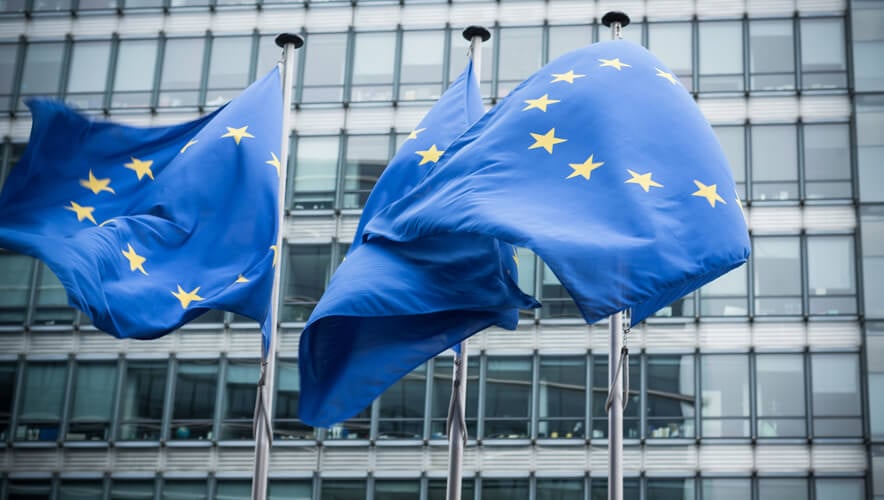European Union Faces Pandemic-Induced Crime Wave
As witnessed in the past, economic crises are fertile ground for the growth of organized crime in terms of its scope of activities and its influence,” according to How COVID-19-Related Crime Infected Europe During 2020, a report from cross-border law enforcement agency Europol. The economic hardships, lockdowns, and uncertainty presented by the COVID-19 pandemic are producing new and growing challenges for law enforcement and security agencies, the report noted. In the first half of 2020, violence among organized crime groups (OCGs) increased across EU member states, pointing to expansions of territory and criminal activity.
The most affected areas of criminal activity during the pandemic have been cybercrime, the illicit supply of counterfeit and substandard goods, and various types of fraud and scams, often linked to property crime, the report said.
Criminals and OCGs have been taking advantage of pandemic fears and demand for personal protective equipment (PPE) or health products, such as gloves, masks, and hand sanitizer. Scammers have offered fake vaccines, “corona home test kits,” and fraudulent pharmaceutical products, as well as selling counterfeit PPE.
Organized property crime is also on the rise, the report said, noting several instances where medical facilities and pharmacies were increasingly targeted to meet black market demand for pharmaceuticals and other medical supplies and equipment.
As usual, cybercriminals were quick off the mark to take advantage of the pandemic. According to the Europol report, criminals have “exploited individuals’ increased anxiety, demand for information, and supply for certain goods, as well as reliance on digital solutions while working from home and providing homeschooling to children.”
Investigators also noticed a sharp uptick in the number of new domain names with the words “corona” or “covid,” and a significant share of these have been linked to malicious sites or cybercrime activity.
The report warned that crime will not return to prepandemic status once the virus wanes. In the short term, returns to lockdowns amid the second or third waves of the virus will restart some of the trends from the beginning of the pandemic, including exploitative cyberattacks and frauds.
In the long term, however, “an enduring economic downturn could trigger serious and organized crime to flourish. This situation may mirror some of the developments during and after the global financial crisis and recession of 2007 and after…. Economically deprived individuals might be increasingly vulnerable to recruitment by OCGs. Corruption may increase, and fraud and financial schemes may proliferate,” the report said.
Europol also warned that the time spent online during lockdown could increase the likelihood of terrorist or extremist radicalization, particularly as propaganda proliferates online and economic stressors—increased unemployment, social inequality, and poverty—could increase susceptibility.
